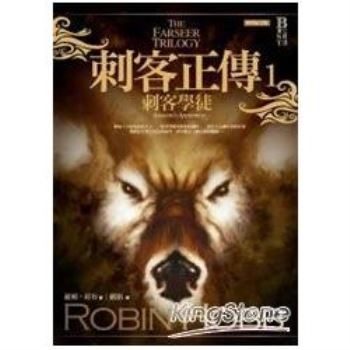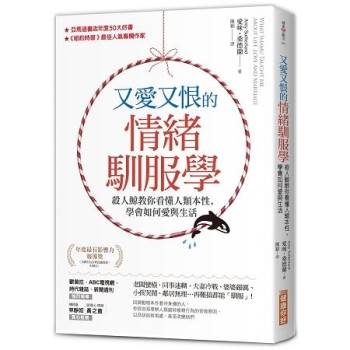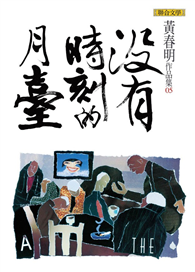In Turning Japanese, poet David Mura chronicled a year in Japan in which his sense of identity as a Japanese American was transformed. In Where the Body Meets Memory, Mura focuses on his experience growing up Japanese American in a country which interned both his parents during World War II, simply because of their race. Interweaving his own experience with that of his family and of other sansei-third generation Japanese Americans-Mura reveals how being a "model minority" has resulted in a loss of heritage and wholeness for generations of Japanese Americans.
In vivid and searingly honest prose, Mura goes on to suggest how the shame of internment affected his sense of sexuality, leading him to face troubling questions about desire and race: an interracial marriage, compulsive adultery, and an addiction to pornography which equates beauty with whiteness. Using his own experience as a measure of racial and sexual grief, Mura illustrates how the connections between race and desire are rarely discussed, how certain taboos continue to haunt this country's understanding of itself. Ultimately, Mura faces the most difficult legacy of miscegenation: raising children in a world which refuses to recognize and honor its racial diversity. Intimate and lyrically stunning, Where the Body Meets Memory is a personal journey out of the self and into America's racial and sexual psyche.| FindBook |
有 1 項符合
Where the Body Meets Memory: An Odyssey of Race, Sexuality and Identity的圖書 |
 |
Where the Body Meets Memory: An Odyssey of Race, Sexuality and Identity 作者:Mura 出版社:Anchor Books 出版日期:1997-06-16 語言:英文 規格:平裝 / 288頁 / 20.3 x 13.5 x 1.8 cm / 普通級 |
| 圖書館借閱 |
| 國家圖書館 | 全國圖書書目資訊網 | 國立公共資訊圖書館 | 電子書服務平台 | MetaCat 跨館整合查詢 |
| 臺北市立圖書館 | 新北市立圖書館 | 基隆市公共圖書館 | 桃園市立圖書館 | 新竹縣公共圖書館 |
| 苗栗縣立圖書館 | 臺中市立圖書館 | 彰化縣公共圖書館 | 南投縣文化局 | 雲林縣公共圖書館 |
| 嘉義縣圖書館 | 臺南市立圖書館 | 高雄市立圖書館 | 屏東縣公共圖書館 | 宜蘭縣公共圖書館 |
| 花蓮縣文化局 | 臺東縣文化處 |
|
|
圖書介紹 - 資料來源:博客來 評分:
圖書名稱:Where the Body Meets Memory: An Odyssey of Race, Sexuality and Identity
|











